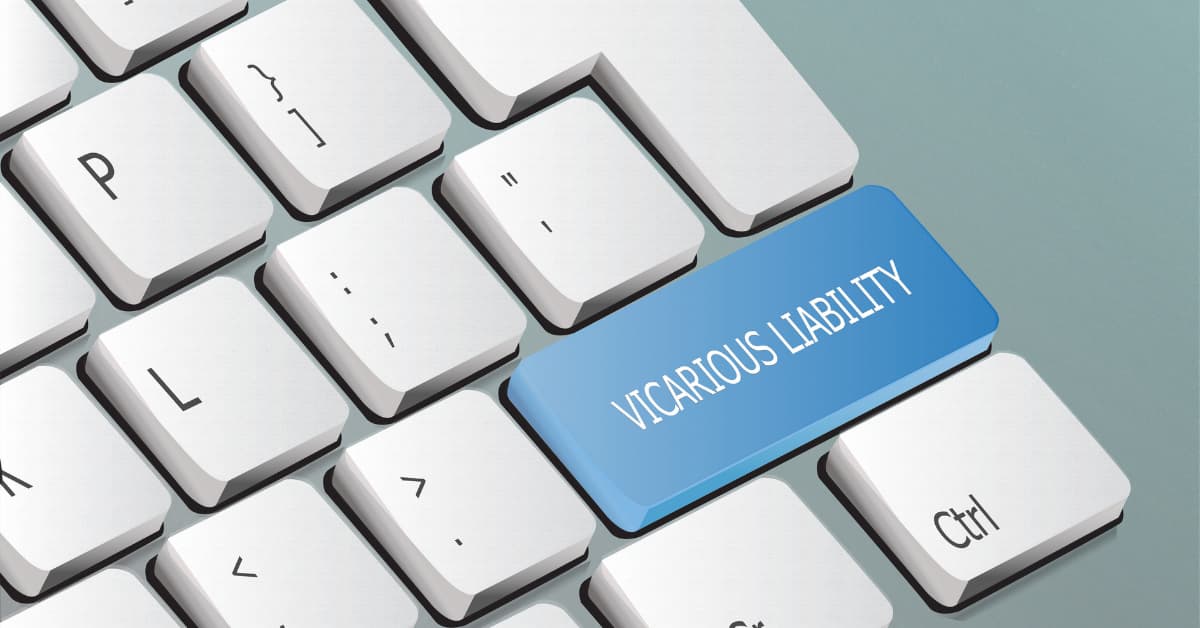In most personal injury cases, it is clear that person A acted negligently and hurt person B. Under these circumstances, it is apparent who the “at-fault” party is, and the injured victim has a simple, uncomplicated claim against the negligent party.
But in certain cases, a 3rd party defendant may also be vicariously liable for the plaintiff’s (the accident victim’s) injuries. These 3rd parties may not have directly caused the accident. In fact, they were probably not even physically present at the site of the accident. However, they could still be considered liable for the injuries you suffered.
Under Texas law, vicarious liability is a concept that holds certain 3rd parties legally responsible for the injuries caused by another individual. If you are not sure who was responsible for your accident and injuries, it might be best to talk to an experienced Texas personal injury attorney.
Vicarious Liability: Commercial Vehicle Owner
Many drivers who rent vehicles from Enterprise, U-Haul, and other similar companies may also cause a vehicle accident. In these cases, if the company rented the commercial rigs to an individual who does not have a commercial driver’s license to operate that vehicle, the company can be held vicariously liable for your damages.
This is where the negligent entrustment rule comes into play. If a company owner allows incompetent, unskilled driver to use their vehicles, and that driver causes an accident, you can sue the owner to recuperate compensation.
Vicarious Liability: Employee & Employer
In the employer/employee context, vicarious liability comes up when an employee injures someone while performing their job duties. When that happens, the employer is “vicariously liable” for the injuries caused by their worker/employee.
For example, a delivery driver, while out making a delivery, collides into your car because they were texting-and-driving. The delivery driver in this scenario will be liable for your injuries – but their employer will also be liable since the accident occurred when the driver was “on the clock”.
Unfortunately, sometimes liability is not as easy to determine because there are exceptions. For example, if the driver was on a lunch break when they crashed into you, only they can be held liable for your injuries – their employer will not be considered vicariously liable in this case.
Vicarious Liability: Parent & Child
Vicarious liability law also works in parent/child context in Texas, if the child is under the age of 18. In other words, if someone under the age of 18 engages in an act that hurts another individual in any way, the minor’s parents can be held liable for the injuries and damages.
A Committed and Resourceful Texas Personal Injury Attorney Can Help You Win the Compensation You Deserve
At Kirk Law Firm, PLLC, our attorneys work diligently to make maximum recoveries through both settlements and jury verdicts for our clients. Having worked with a highly diverse set of clients in Texas and a wide range of personal injury cases, there is little our founder Attorney Dana G. Kirk has not seen or tackled personally.
If you are looking for a results-driven, client-focused, and devoted Texas personal injury attorney to handle your case, complete this online form.




